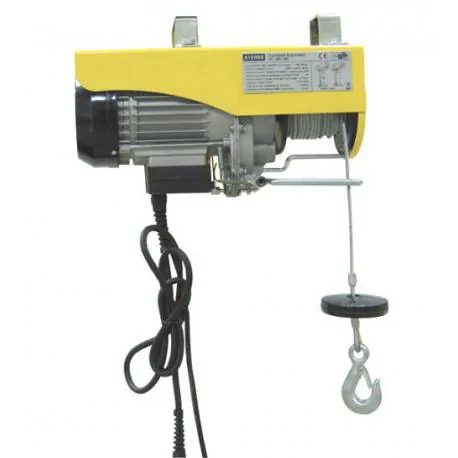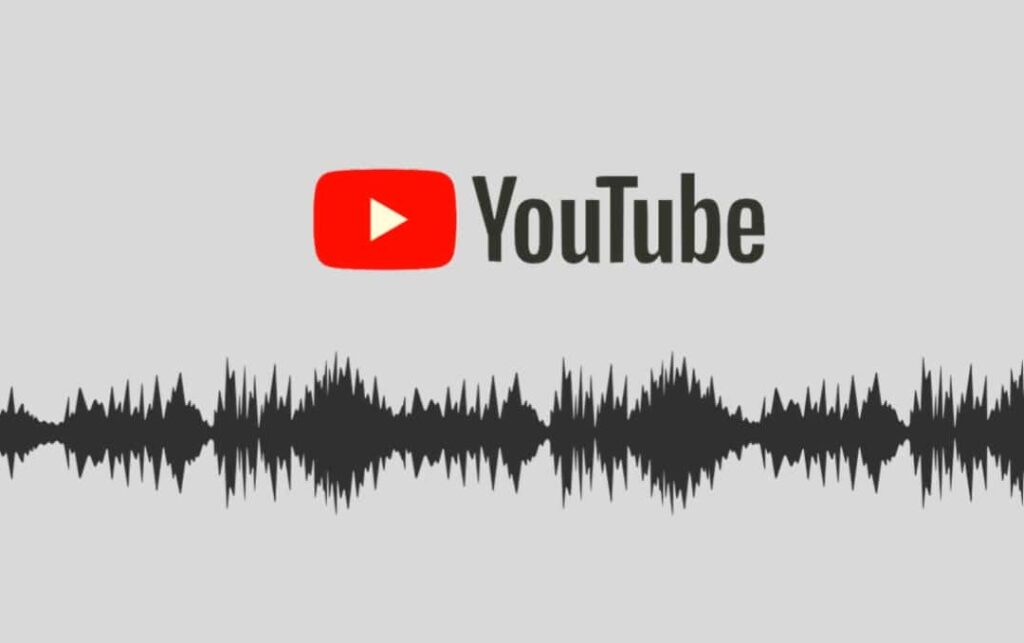In the rapidly evolving music industry, streaming platforms have emerged as indispensable tools for artists. The shift from physical sales to digital streaming has revolutionized how music is consumed and monetized. But beyond just providing a venue for listening, contemporary music platforms are evolving to offer a range of new features that are transforming them into essential hubs for artists. This evolution is not merely about making music accessible but about providing comprehensive support to artists in their creative and commercial endeavors.
Enhanced Analytics and Data Insights
One of the most significant advancements in streaming platforms is the enhancement of analytics and data insights. Modern platforms are offering artists a wealth of information about their listeners that goes beyond basic metrics. Tools now allow artists to track not only the number of streams and downloads but also detailed demographic information, listening habits, and geographic data. This kind of insight is crucial for artists looking to tailor their music and marketing strategies. For instance, if an artist notices a spike in listeners from a particular city, they might decide to schedule a concert in that area. Similarly, understanding which tracks are most popular among certain demographics can guide future songwriting and production decisions. These analytics empower artists to make data-driven decisions, optimize their promotional efforts, and engage more effectively with their audience.
Direct Fan Engagement and Monetization
Another game-changing feature of modern music platforms is the ability for artists to engage directly with their fans and monetize their content in new ways. Many platforms now include features that allow artists to offer exclusive content, such as behind-the-scenes footage, early access to new releases, and special merchandise. This direct engagement not only helps in building a stronger connection with fans but also opens up additional revenue streams. For example, platforms that integrate with crowdfunding mechanisms enable fans to support their favorite artists directly through subscriptions or one-time donations. This model not only provides artists with a more stable income but also fosters a sense of community and loyalty among their fan base. Fans who feel more connected to an artist are more likely to support them financially and engage with their content.

Integrated Social Media and Marketing Tools
Marketing and promotion are integral to an artist’s success, and many streaming platforms are now offering integrated social media and marketing tools to simplify this process. Features such as automated social media posts, targeted advertising, and promotional campaigns allow artists to reach a broader audience without having to manage multiple platforms separately. Additionally, some platforms offer tools for creating and distributing press releases, managing fan interactions, and even tracking the effectiveness of marketing campaigns. These features help artists to streamline their promotional efforts, allowing them to focus more on their creative work while still maintaining a strong public presence.
Collaborative Opportunities
The rise of collaborative features on streaming platforms is another notable advancement. Many platforms now provide tools that facilitate collaboration between artists, producers, and other industry professionals. Features such as shared playlists, collaborative writing tools, and production software integrations enable artists to work together more seamlessly, regardless of geographical location. These collaborative tools are not just about convenience; they also expand creative possibilities. Artists can now easily connect with peers and mentors, exchange ideas, and co-create tubidy music in ways that were previously limited by physical distance. This fosters a more dynamic and innovative music scene, where new and exciting collaborations can emerge more readily.
Advanced Distribution and Licensing Options
Distribution and licensing are critical aspects of an artist’s career, and modern streaming platforms are offering advanced features to address these needs. Platforms now provide more sophisticated distribution options, allowing artists to release their music across multiple channels and formats with greater ease. This includes not only traditional streaming services but also digital downloads, physical merchandise, and synchronization licensing for film, television, and advertisements. Moreover, the integration of block chain technology into some platforms is providing enhanced transparency and security for licensing and royalty payments. This technology ensures that artists receive fair compensation for their work and reduces the complexities associated with tracking and managing rights. As the industry continues to evolve, such advancements are likely to become increasingly important for ensuring that artists are fairly rewarded for their contributions.
Personalized Promotion and Discovery
Personalized promotion and discovery features are also transforming the way music is marketed and consumed. Streaming platforms now use advanced algorithms to recommend music based on users’ listening habits and preferences. This personalized approach helps artists reach potential new fans who are likely to enjoy their music, increasing their chances of gaining exposure and building a larger following. For artists, this means that their music has the potential to be discovered by audiences who might not have come across it through traditional means. This kind of targeted promotion can be especially beneficial for emerging artists looking to break into the industry and gain traction.
Community Building and Networking
Beyond individual success, modern streaming platforms are fostering community building and networking opportunities. Many platforms now offer forums, groups, and events where artists can connect with each other, share experiences, and collaborate on projects. These community features provide a valuable support network for artists, offering advice, inspiration, and opportunities for joint ventures. Networking is a crucial aspect of any artist’s career, and having access to a supportive and active community can make a significant difference. Whether it is through participating in industry discussions, attending virtual events, or joining artist collectives, the sense of community provided by these platforms helps artists navigate the complexities of the music industry and find new pathways to success.
Conclusion
As the music industry continues to evolve, streaming platforms are proving to be more than just a means of distributing music. With their expanding range of features and tools, these platforms are becoming essential for artists in managing their careers, engaging with fans, and maximizing their creative and commercial potential. From enhanced analytics and direct fan engagement to advanced distribution options and community building, the new capabilities offered by streaming platforms are reshaping the landscape of the music industry. For artists looking to thrive in this dynamic environment, staying abreast of these developments and leveraging the available tools will be crucial for success.




 These platforms operate under licensing agreements that ensure creators are compensated for their work. Subscription services like Spotify, Apple Music, and Tidal also provide access to vast libraries of music through legally obtained licenses, allowing users to stream or download songs for offline listening. These services often offer free versions supported by ads or paid subscriptions for an ad-free experience and additional features. Furthermore, some artists and independent musicians offer their music for free or through donation-based models on platforms like Bandcamp or SoundCloud. In these cases, the music is often shared legally with the artist’s permission, and supporting them through purchases or donations helps sustain their work.
These platforms operate under licensing agreements that ensure creators are compensated for their work. Subscription services like Spotify, Apple Music, and Tidal also provide access to vast libraries of music through legally obtained licenses, allowing users to stream or download songs for offline listening. These services often offer free versions supported by ads or paid subscriptions for an ad-free experience and additional features. Furthermore, some artists and independent musicians offer their music for free or through donation-based models on platforms like Bandcamp or SoundCloud. In these cases, the music is often shared legally with the artist’s permission, and supporting them through purchases or donations helps sustain their work. Additionally, check whether the site has a clear privacy policy that explains how your data is handled. A trustworthy converter should not collect or misuse personal information and should have transparent practices. Another safety consideration is the legitimacy of the
Additionally, check whether the site has a clear privacy policy that explains how your data is handled. A trustworthy converter should not collect or misuse personal information and should have transparent practices. Another safety consideration is the legitimacy of the 